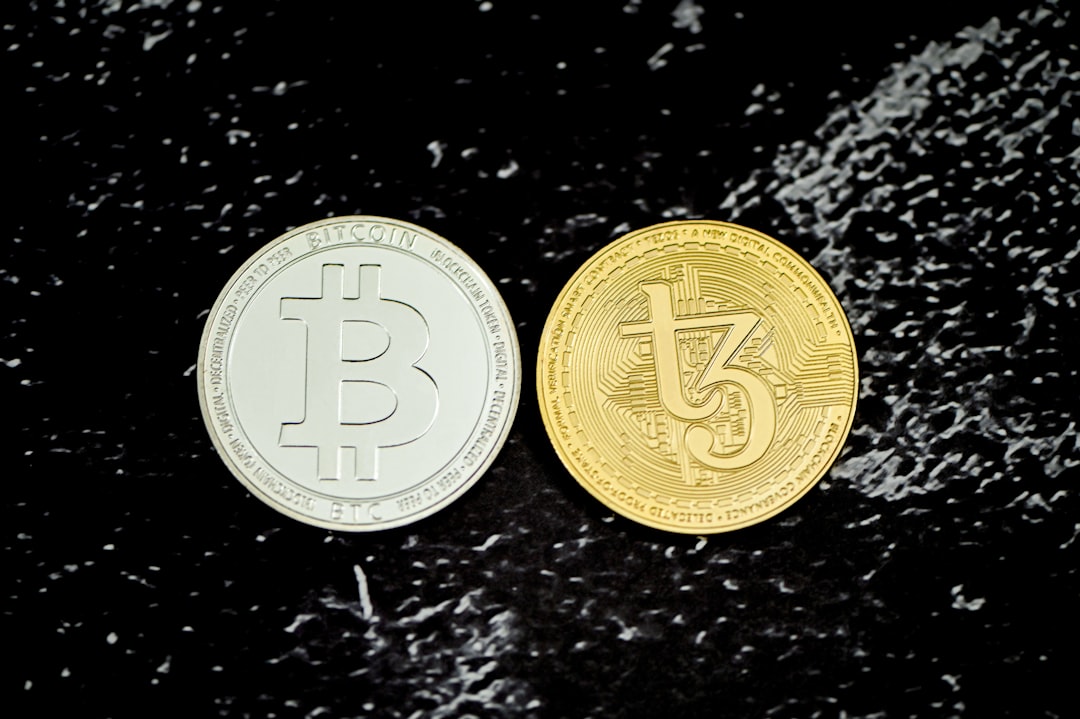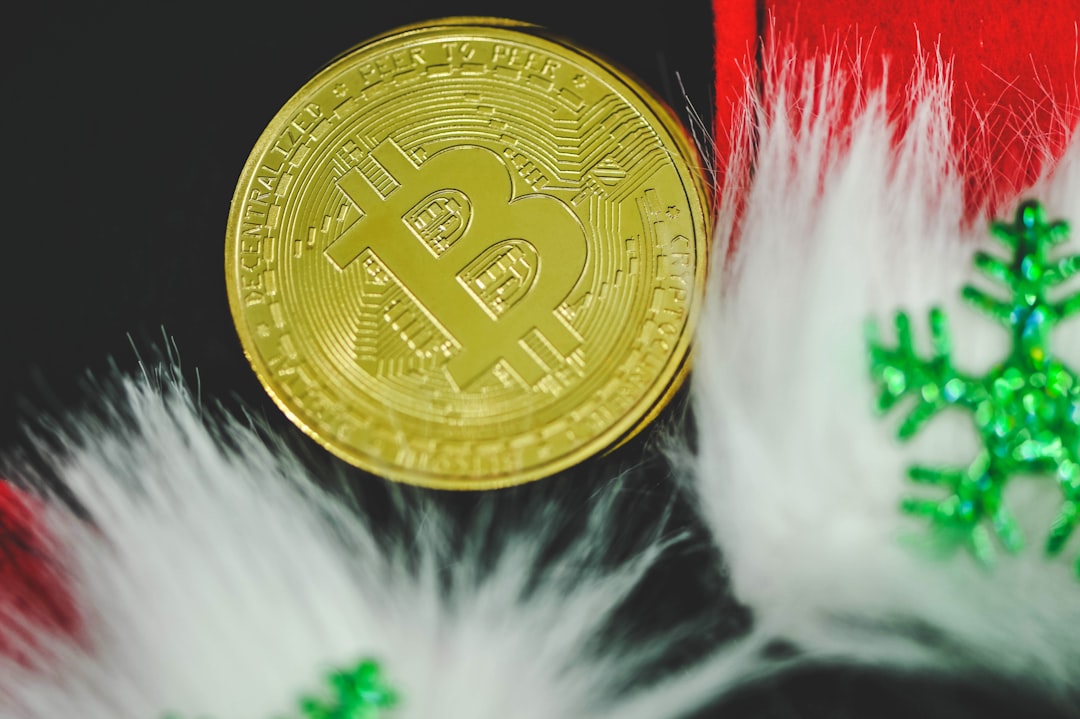Bitcoin, the world’s first decentralized digital currency, has been making waves in the financial world since its inception in 2009. With its decentralized nature and limited supply, Bitcoin has been seen as a potential alternative to traditional fiat currencies. However, its volatile nature and lack of regulation have also raised concerns.
Recently, there has been talk of Bitcoin potentially rejoining the global financial system. In this article, we will explore the pros and cons of this possibility and what it could mean for the future of Bitcoin.
What Does it Mean for Bitcoin to Rejoin the Global Financial System?
Before we dive into the pros and cons, let’s first define what it means for Bitcoin to rejoin the global financial system. Currently, Bitcoin operates outside of the traditional financial system, with its value determined by market demand and supply. However, if Bitcoin were to rejoin the global financial system, it would be recognized and regulated by governments and central banks, just like traditional fiat currencies.
Pros of Bitcoin Rejoining the Global Financial System

Increased Legitimacy and Adoption
One of the main benefits of Bitcoin rejoining the global financial system is the increased legitimacy and adoption it would bring. Currently, many people are hesitant to invest in Bitcoin due to its unregulated nature and lack of government backing. However, if it were to be recognized and regulated by governments, it would likely attract more investors and users, leading to increased adoption and mainstream acceptance.
Greater Stability and Reduced Volatility
Bitcoin’s volatile nature is one of the main reasons why it has not been widely adopted as a currency. However, if it were to rejoin the global financial system, it would likely become more stable. This is because government regulation and recognition would bring more stability and predictability to its value. This would make it a more attractive option for businesses and individuals looking for a stable currency.
Improved Security and Protection for Users
Another benefit of Bitcoin rejoining the global financial system is the improved security and protection it would provide for users. Currently, Bitcoin transactions are irreversible, and if a user’s wallet is hacked, they have no recourse. However, if Bitcoin were to be regulated, it would likely come with consumer protection laws, making it safer for users to transact with.
Cons of Bitcoin Rejoining the Global Financial System

Loss of Decentralization and Privacy
One of the main draws of Bitcoin is its decentralized nature, meaning it is not controlled by any government or central authority. However, if it were to rejoin the global financial system, it would likely lose this decentralization. Governments and central banks would have control over its regulation and could potentially track and monitor transactions, compromising user privacy.
Potential for Manipulation and Control
Another concern with Bitcoin rejoining the global financial system is the potential for manipulation and control. Currently, Bitcoin’s value is determined by market demand and supply, but if it were to be regulated, governments and central banks could potentially manipulate its value for their own gain. This could also lead to restrictions on its use, limiting its potential as a global currency.
Increased Taxes and Fees
With government regulation comes taxes and fees. If Bitcoin were to rejoin the global financial system, users would likely have to pay taxes on their transactions, reducing its appeal as a currency with low transaction fees. This could also lead to increased costs for businesses that accept Bitcoin as a form of payment.
Examples of Bitcoin Rejoining the Global Financial System
While Bitcoin has not officially rejoined the global financial system, there have been some steps towards this possibility.
El Salvador

In June 2021, El Salvador became the first country to adopt Bitcoin as legal tender. This means that businesses in the country are required to accept Bitcoin as a form of payment, and citizens can pay their taxes with it. This move has been met with both praise and criticism, with some seeing it as a step towards Bitcoin rejoining the global financial system.
PayPal
In October 2020, PayPal announced that it would allow its users to buy, sell, and hold Bitcoin and other cryptocurrencies on its platform. This move was seen as a major step towards mainstream adoption of Bitcoin and other cryptocurrencies. However, PayPal’s users do not actually own the Bitcoin they purchase, and it cannot be transferred to other wallets, making it more of a speculative investment rather than a true currency.
Conclusion
The possibility of Bitcoin rejoining the global financial system has both pros and cons. On one hand, it could bring increased legitimacy, stability, and security to Bitcoin, making it a more attractive option for investors and users. On the other hand, it could also lead to loss of decentralization and privacy, potential for manipulation and control, and increased taxes and fees.
While there have been some steps towards Bitcoin rejoining the global financial system, it is still a long way off. As with any major change, there will likely be both supporters and opponents. Only time will tell if Bitcoin will become a fully recognized and regulated currency in the global financial system.
For more information, visit Techmelife.com
